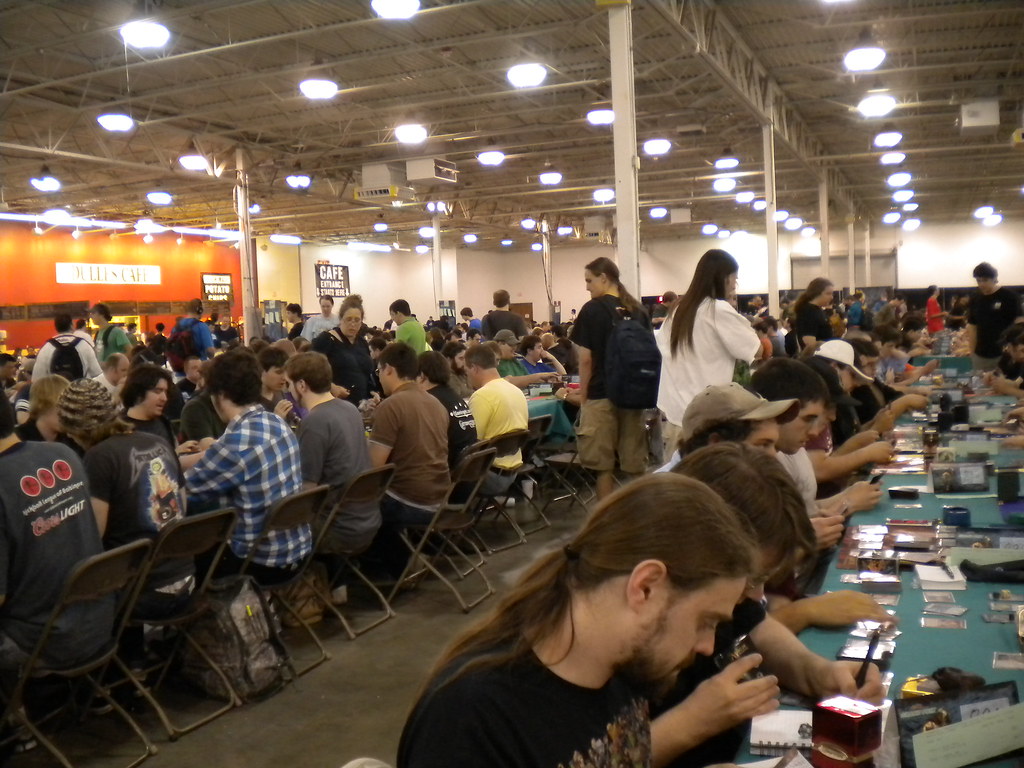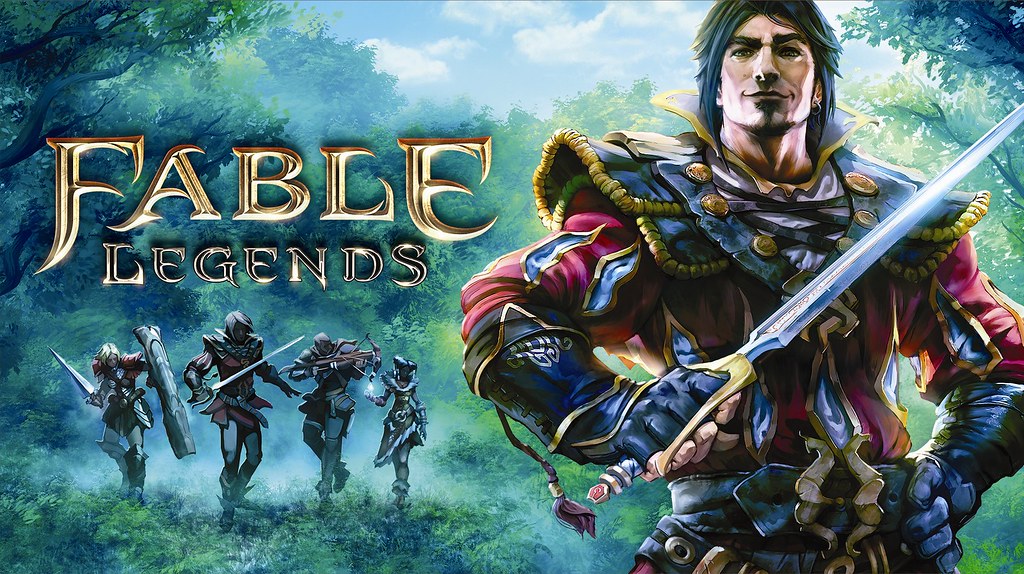Heart versus Mind
Written on
On heart versus mind in Magic: the Gathering, role-models and politics.
We humans are weird. We pride ourselves on our ability to be intelligent, superior to all those other animals and insects and plants. Intelligent? Wise? Too often, we are neither.
Why do we rely, all too often, on pride and emotion, even love, to make critical decisions?
I’ll start with a simple rant on who we choose to listen to, pretty much ripped from a Facebook post of mine.
“Strange but we don’t actually care what some loony Professor Anand Menon, Director of the UK in a Changing Europe, who co-authored the study said: Who the hell is he. Another European interfering with us, this is why, don’t they get it, we don’t like being dictated to or advised we know nothing.” - commenter on The Independent, regarding research on how well informed British people are about internal affairs
(For reference, Anand Menon is a Professor of European Politics and Foreign Affairs at King’s College London)
See, this is something that irks me about people. You will listen to what Kanye West says, even if he’s nowhere near the level of proficiency or education in the topic he’s speaking about. You will fawn all over Boris Johnson, a full-time politician. You will eat up David Cameron’s words, another politician. You will blindly trust in someone’s crusade against vaccines, even though their training amounts to five google searches and (oh oh) a partnership with an “all natural medicine” company.
Would you ask Dave Mustaine (thrash metal band) for surgery advice? Would you immediately enact my views on what your city should do administratively? Would you put your child’s career choice in the hands of PewDiePie?
If you answered “yes” to any of those questions, please think carefully. You are putting lives in the hands of someone far from competent in that domain.
Why do many of us trust people with less experience in the topic than a snail, just because they’re popular, but when someone with real experience in the area, with years upon years of research and involvement, comes up and says something, the reaction is “We don’t care.”?
You don’t go to Tesco to get your teeth checked. Do the same level of ‘common sensing’ with who you listen to.
Being popular is NOT equal to being well informed.
Recently, there has been some debate in the Magic: the Gathering world about a very simple choice one could make in the game. In short, it involves potentially replacing your second best choice in the game with the best choice in the game. (Courtesy of LSV)
The choice is simple, if you want to win. You take the chance, which, at worst, gets you closer to the best card, and at best gets you that best card at the cost of your current (second best) card. It can be proven mathematically (once you understand the game mechanics and statistics well). It’s the correct play. But.
Many players said they would not do that, would not replace their second best card with the best card, because getting rid of the (already really) good card would feel too bad. They were not driven by the desire to win, but by the desire not to feel bad about their play. So, the correct play mentioned above is, somehow, more strongly connected to loss than to gain.
And we see that way too often in the real world. Something might feel bad, even though it isn’t. And our mind will yell at us, but our heart also will. And we listen to the heart. And then both the heart and the mind might suffer. (Of course, where applicable, trust your heart. It has value too.)
It’s also quite weird how pride controls us as well. Sometimes, instead of choosing the objective truth (and this applies ONLY to objective truths. Subjective belief is… a different topic), we double down on the wrong option, because we can’t possibly have been wrong. WE CAN’T.
“What do you mean I’d lose a lot of money on this deal? I brokered this deal! It must work!” - famous last words
We hear so many stories of failed products, of managers imposing their views on a company because they must have the final word. Recently, Lionhead is a great example. The developers, apparently, wanted to make Fable 4. Microsoft executives said “We want you to make a multiplayer game. Not Fable 4. A. Multi. Player. Game. OK?”. And the devs tried. But without experience in server-client architecture, F2P design paradigms or community management, they had to learn. And they had to have money invested. Much more than they expected. And here we are today, with no Lionhead, no Fable 4, no Fable Legends, and quite a few people looking for a job. A very good read on this topic over at Kotaku.
We refuse data, science, objective results. We love emotion, rallying speeches, entertaining quips. Also, our government couldn’t have been to blame if we can point fingers at someone else.
But it will be better! I am certain it will. It won’t be easy, but we are the only ones that can push through.





